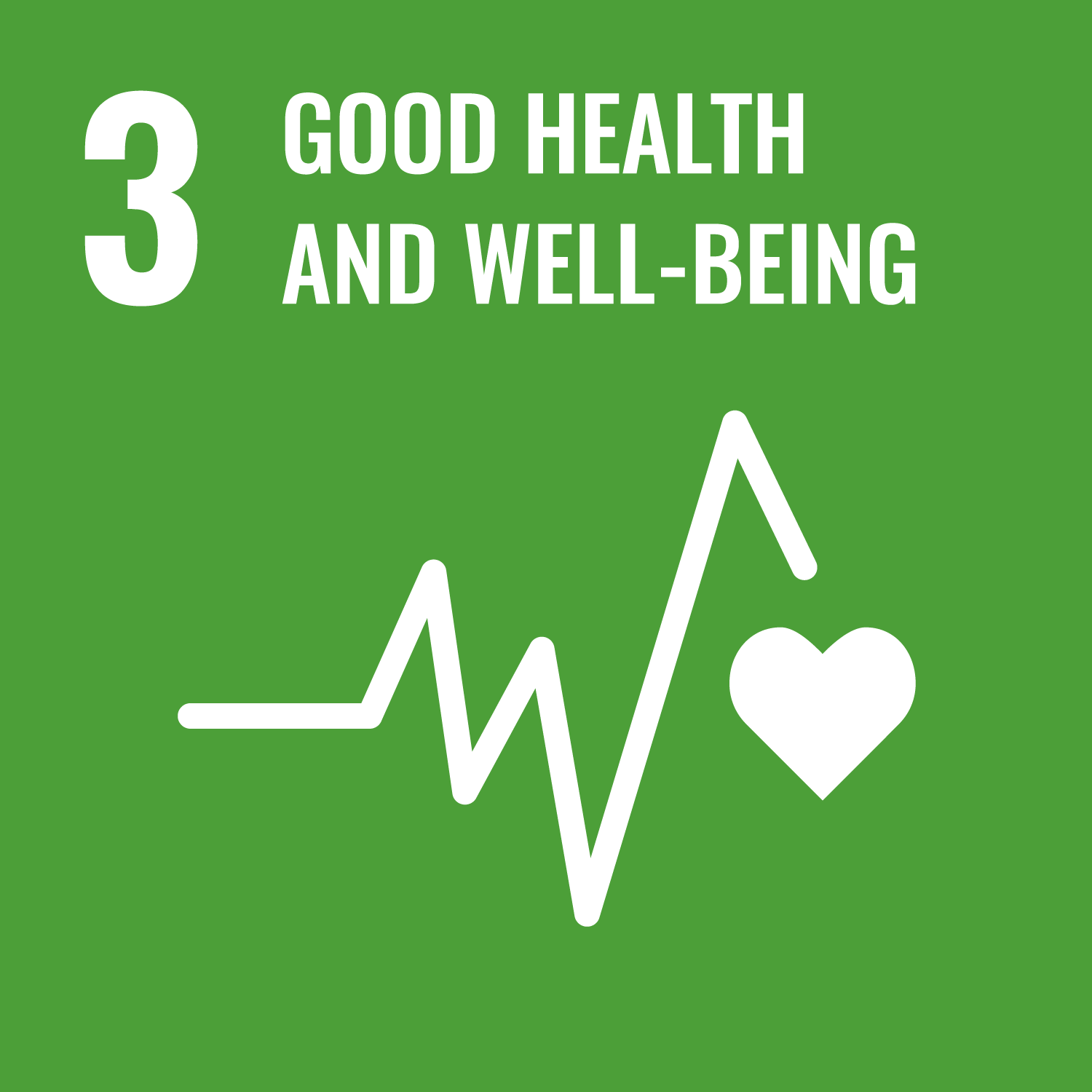Newpin Queensland Social Benefit Bond
Aligned SDGs

- Newpin Queensland Social Benefit Bond
- General overview
- Location
- Involved organisations
- Outcome metrics
- SyROCCo reports
- Spreadsheet of data
- Newpin Queensland Social Benefit Bond
- General overview
- Location
- Involved organisations
- Outcome metrics
- SyROCCo reports
- Spreadsheet of data
General overview
Stage of development: Complete
Policy sector: Child and family welfare
Date outcomes contract signed: Mar 2017
Start date of service provision: Jan 2018
Anticipated completion date: 2024
Actual completion date: Jun 2020
Capital raised (minimum): AUD 6m (USD 4.60m)
Intervention
The Newpin (New Parent Infant Network) SBB has a focus on reunifying Aboriginal and Torres Islander children in the child protection system safely with their families. The Newpin Program works intensively to safely return children in out-of-home care to their families. It supports both parents and children in a collaborative person-centred and respectful way through a combination of formal and informal groups. The therapeutic program is centre-based and families will attend the program for a minimum of two days per week for up to eighteen months, as part of working towards family reunification.
Target population
To be eligible for referral to the Newpin Program, a family must have at least one child:
● who is aged less than five and a half; and
● who is in, has been referred or will be referred to OOHC for at least three months; and
● for whom reunification is considered by the State to be a suitable goal. In addition, the parent has to live within a centre catchment, be female, and be regarded as the target for possible reunification.
Location
Country
- Australia
Service delivery locations
- Cairns, Queensland
Involved organisations
Commissioners/outcome payers
Service Providers
Investors
Intermediary organisations
Outcome metrics
- The payments made by the State to UCQ based on the number of Incremental Reunifications. Incremental Reunifications are the number of children in the Intervention Group that have been, and continue to be, reunified with their parent(s) 18 months after their referral to the Newpin Program, less the Counterfactual Reunifications. Counterfactual Reunifications are the number of reunifications that would have been expected in the absence of the Newpin Program, determined with reference to the number of children in the Intervention Group and the Counterfactual Reunification Rate.
Powered by SyROCCo SyROCCo reports
The following articles are taken from the Systematic Review of Outcomes Contracts Collaboration (SyROCCo) Machine Learning tool.
The tool is a collaboration between the Government Outcomes Lab and machine learning experts from the University of Warwick, that allows you to navigate and explore data extracted from nearly 2000 academic and grey literature publications related to outcomes-based contracting.
Spreadsheet of data
Important Notice and Disclaimer on INDIGO Data
INDIGO data are shared for research and policy analysis purposes. INDIGO data can be used to support a range of insights, for example, to understand the social outcomes that projects aim to improve, the network of organisations across projects, trends, scales, timelines and summary information. The collaborative system by which we collect, process, and share data is designed to advance data-sharing norms, harmonise data definitions and improve data use. These data are NOT shared for auditing, investment, or legal purposes. Please independently verify any data that you might use in decision making. We provide no guarantees or assurances as to the quality of these data. Data may be inaccurate, incomplete, inconsistent, and/or not current for various reasons: INDIGO is a collaborative and iterative initiative that mostly relies on projects all over the world volunteering to share their data. We have a system for processing information and try to attribute data to named sources, but we do not audit, cross-check, or verify all information provided to us. It takes time and resources to share data, which may not have been included in a project’s budget. Many of the projects are ongoing and timely updates may not be available. Different people may have different interpretations of data items and definitions. Even when data are high quality, interpretation or generalisation to different contexts may not be possible and/or requires additional information and/or expertise. Help us improve our data quality: email us at indigo@bsg.ox.ac.uk if you have data on new projects, changes or performance updates on current projects, clarifications or corrections on our data, and/or confidentiality or sensitivity notices. Please also give input via the INDIGO Data Definitions Improvement Tool and INDIGO Feedback Questionnaire.